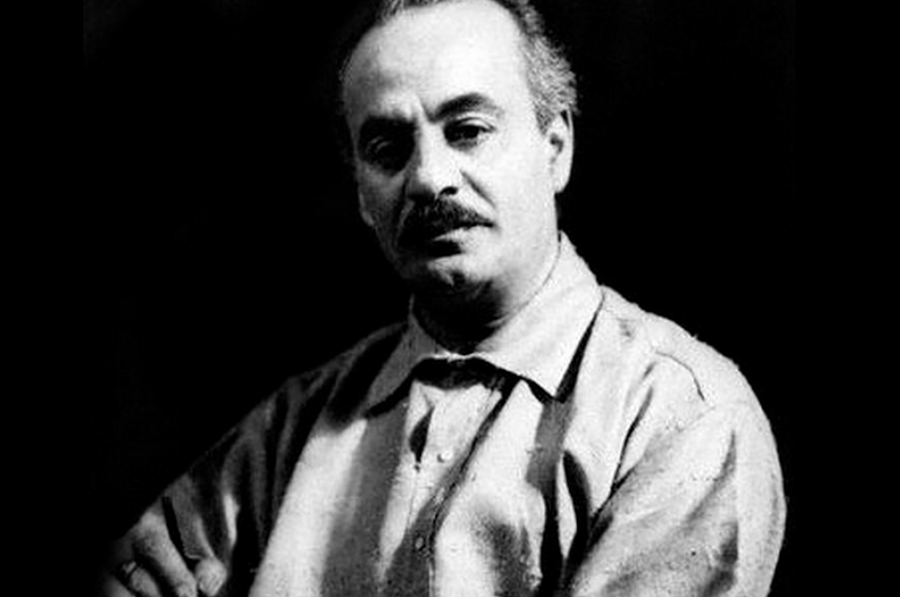
Kahlil Gibran, sometimes spelled Khalil (January 6, 1883 – April 10, 1931) was a Lebanese-American artist, poet, and writer of the New York Pen League.
Gibran was born in the town of Bsharri in the Mount Lebanon Mutasarrifate, Ottoman Empire (north of modern-day Lebanon), to Khalil Gibran and Kamila Gibran (Rahmeh). As a young man Gibran immigrated with his family to the United States, where he studied art and began his literary career, writing in both English and Arabic. In the Arab world, Gibran is regarded as a literary and political rebel. His romantic style was at the heart of a renaissance in modern Arabic literature, especially prose poetry, breaking away from the classical school. In Lebanon, he is still celebrated as a literary hero.
In 1920, he was a co-founder, along with other poets of Arab and Lebanese backgrounds, of The Pen-bond Society, a literary society, also known as Al Rabitat al Qualamiya.
Gibran’s works, written in both Arabic and English, are full of lyrical outpourings and express his deeply religious and mystical nature.
He is chiefly known in the English-speaking world for his 1923 book The Prophet, an early example of inspirational fiction including a series of philosophical essays written in poetic English prose. The book sold well despite a cool critical reception, gaining popularity in the 1930s and again especially in the 1960s counterculture.
Gibran is the third best-selling poet of all time, behind Shakespeare and Laozi.
The Prophet (1923), a book of poetic essays, achieved cult status among American youth for several generations.
In 1928, he published Jesus, the Son of Man.
Gibran died in New York City on April 10, 1931.

Oops, you didn’t enter anything. Try again or contact us